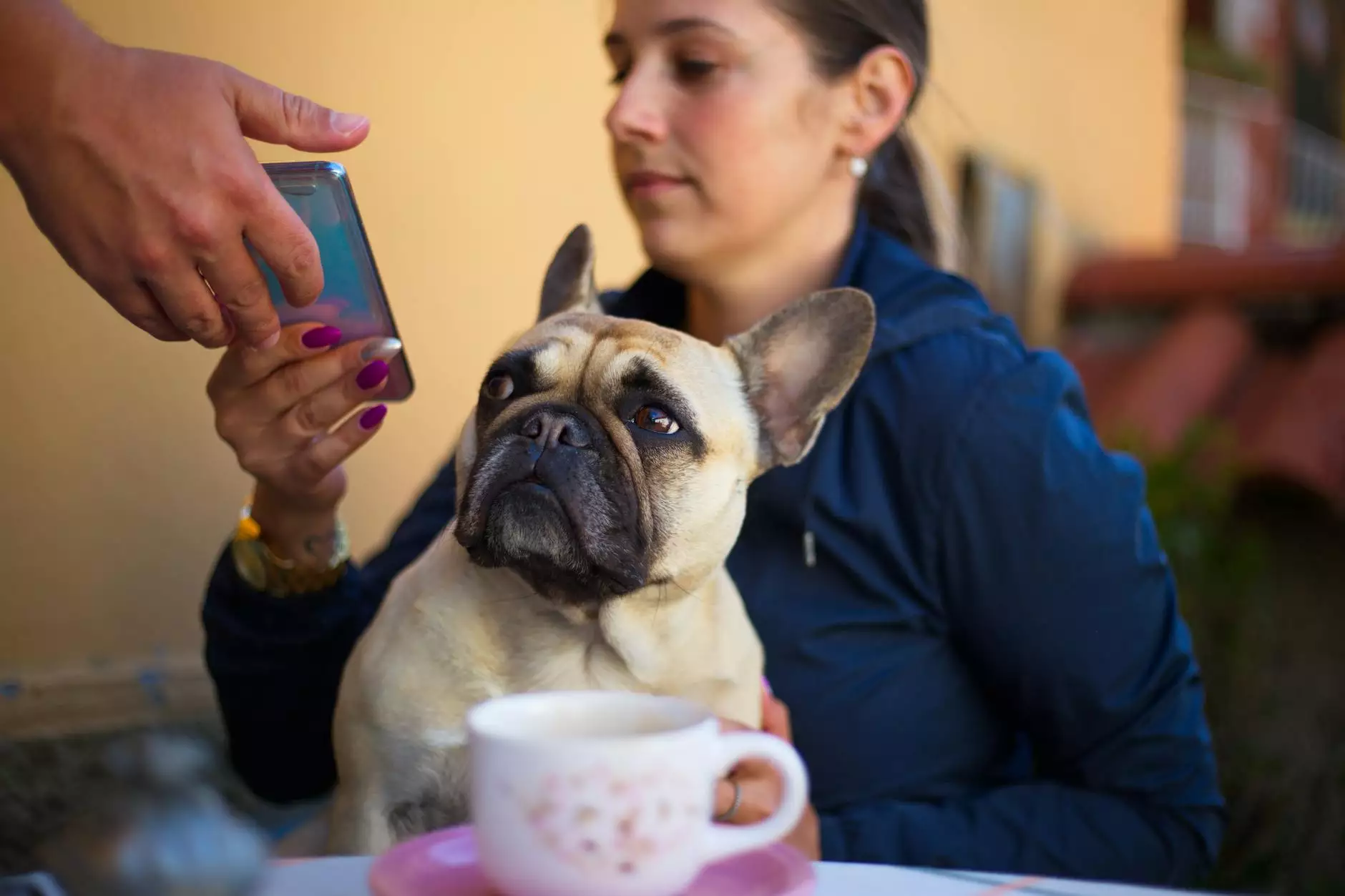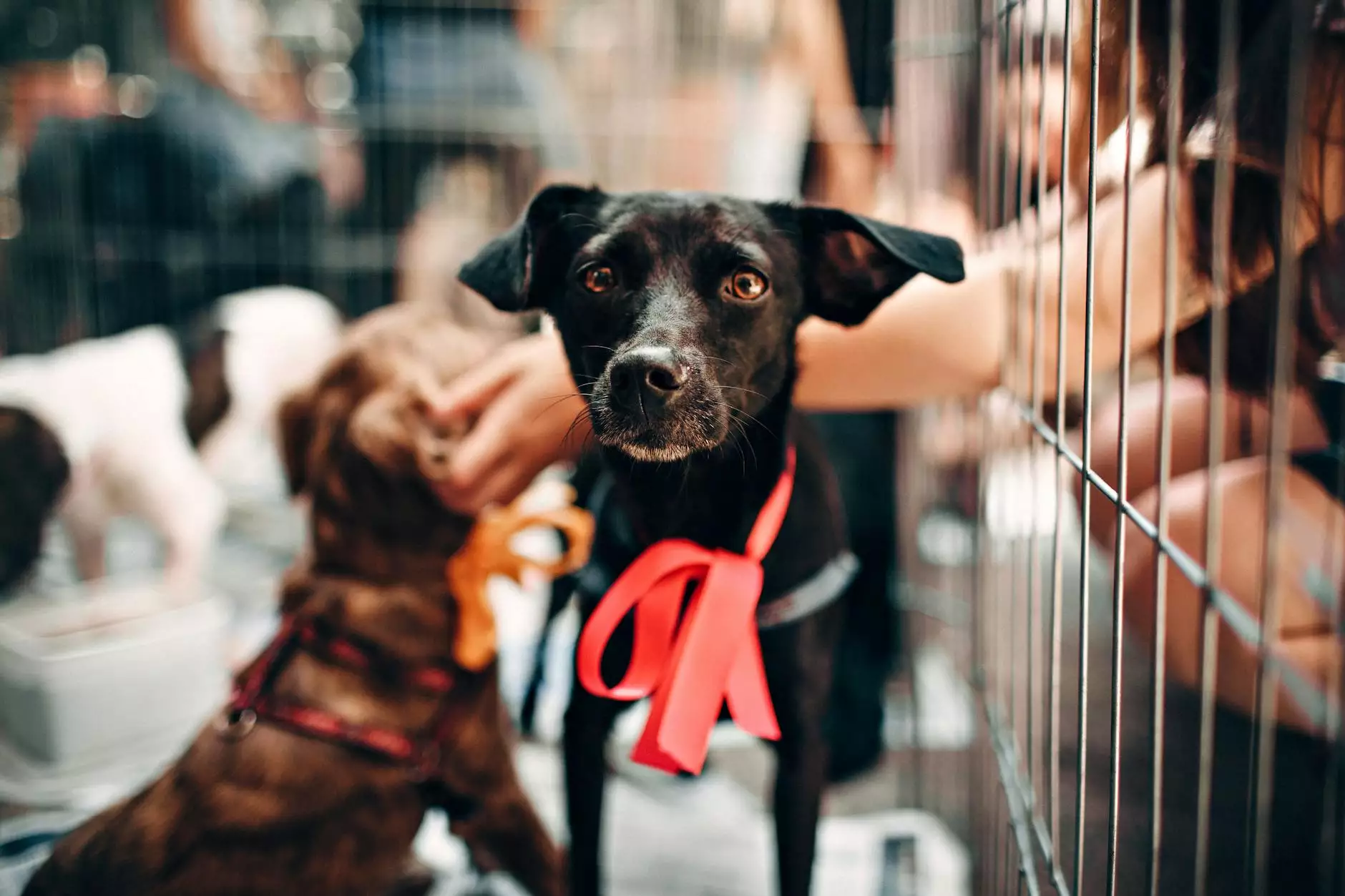Taking Care of Your Dog's Skin and Coat During the Winter
Dog Care
Welcome to Wisconsin Adventures! As passionate dog lovers and advocates of responsible pet ownership, we understand the importance of taking care of your furry friend's skin and coat, especially during the harsh winter months. With proper care and attention, you can ensure that your dog stays healthy, comfortable, and happy throughout the season.
Understanding the Effects of Winter on Your Dog's Skin and Coat
Winter weather can be tough on your dog's skin and coat. The cold temperatures, dry air, and exposure to harsh elements can lead to various skin problems, including dryness, itchiness, flakiness, and even painful cracking. Furthermore, certain breeds with shorter or less insulating fur may be more susceptible to these issues.
To keep your dog's skin and coat in optimal condition, it is essential to follow a winter care routine that addresses their specific needs.
1. Regular Grooming
Grooming plays a vital role in maintaining a healthy skin and coat for your dog during the winter. Regular brushing not only removes loose hairs and prevents matting but also stimulates blood flow, which promotes a healthy coat growth and overall skin health.
Invest in a high-quality brush suitable for your dog's coat type and spend a few minutes each day gently brushing them. This will help distribute natural oils and moisturize the skin, preventing dryness. Additionally, grooming sessions provide an opportunity to inspect your dog for any signs of skin irritation, parasites, or abnormalities.
2. Moisturizing Baths
While it may be tempting to skip baths during the cold season, regular bathing is important for maintaining a clean and healthy coat for your dog. However, it's crucial to use a moisturizing shampoo specifically formulated for dogs, as human shampoos can be too harsh and strip away the natural oils that protect their skin.
Before bathing your dog, ensure the water is warm, not hot, as hot water can dry out the skin further. Gently massage the moisturizing shampoo into their coat, paying extra attention to areas that are prone to dryness, such as the elbows, paws, and underbelly. Rinse thoroughly and towel dry, making sure to remove any excess moisture to prevent chilling.
3. Protecting Paws and Sensitive Areas
During winter walks or outdoor adventures, your dog's paws are exposed to icy surfaces, road salt, and other potentially harmful substances. To protect their paws, consider investing in dog boots or applying a protective paw balm to prevent cracking and injury.
Additionally, certain breeds may have sensitive areas, such as the underside of the belly, groin, and armpits. These areas are more susceptible to irritation from snow, ice, and deicing products. Make sure to wipe them down gently with a warm cloth after each outdoor excursion to keep them clean and dry.
4. Adequate Hydration
Proper hydration is essential for maintaining healthy skin and coat in all seasons. While dogs may not feel as thirsty during winter, it's crucial to ensure they have access to fresh water at all times. Opt for room temperature water to prevent discomfort from cold water intake.
Consider incorporating wet food or adding water to your dog's kibble during the winter months to enhance their moisture intake. This can help combat dryness from within and keep their coat looking lustrous.
5. Omega-3 Fatty Acids
Supplementing your dog's diet with omega-3 fatty acids can provide numerous benefits for their skin and coat health. Omega-3 fatty acids have anti-inflammatory properties, reducing the risk of skin dryness, itchiness, and other irritations caused by winter conditions.
You can incorporate omega-3 fatty acids into your dog's diet through fish oil supplements or by including foods rich in these nutrients, such as salmon, sardines, flaxseed, or chia seeds.
6. Warm and Cozy Shelter
Ensure that your dog has a warm, dry, and cozy shelter to retreat to during cold winter days and nights. If your dog spends a significant amount of time outdoors, provide them with a well-insulated doghouse or a heated outdoor shelter to keep them protected from extreme temperatures.
It's also important to note that some smaller or short-haired breeds may require extra warmth and benefit from wearing a doggie sweater or coat during walks or outdoor activities.
Conclusion
Caring for your dog's skin and coat during the winter is crucial to maintain their overall health and well-being. By following a few simple steps like regular grooming, moisturizing baths, protecting sensitive areas, ensuring adequate hydration, supplementing with omega-3 fatty acids, and providing a warm shelter, you can help your beloved furry friend thrive even in the coldest months.
At Wisconsin Adventures, we encourage responsible pet ownership and strive to provide helpful information to fellow dog enthusiasts. We hope that the tips and advice shared in this article will assist you in taking care of your dog's skin and coat during the winter.
Remember, a healthy and happy dog is a true companion for all your adventures!










